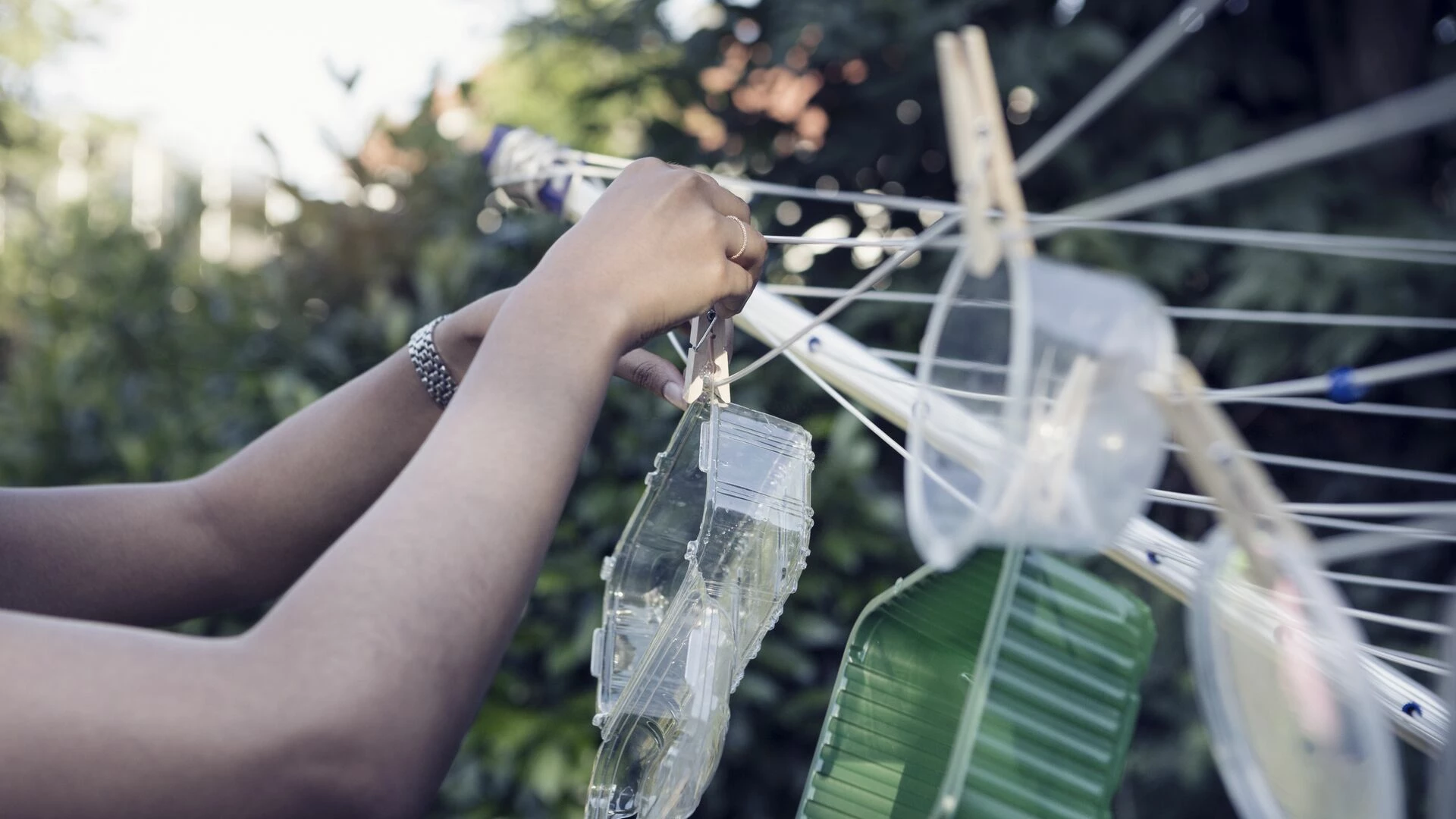Werner describes his unit as a “spearhead unit” and explains that they select companies based on the company's growth outlook and scale-up potential, but also from a sustainability perspective.
“Carrot is a really good example. BIR could see that they would need to comply with sustainability requirements down the line. They embraced the challenge and invested in their own technology and other startups. This has now proven to be a valuable opportunity,” says Werner.
Thina Saltvedt, Chief Analyst in Group Sustainability at Nordea, has nothing but praise for Carrot. She underlines the important role the banking sector plays in creating a more sustainable future.
Capital is the key to the green shift, and entrepreneurs are key to a lot of the progress in our society. Helping entrepreneurs build a sustainable business is one of the best ways in which Nordea can engage in society, she says.
Ticking all boxes
Nordea helped Carrot succeed: In February, Norselab put NOK 30 million on the table to secure just under 30% of the shares in the startup.
“We invest in growth companies with a clear and positive contribution to people and our planet. At a deeper level we like companies that work to digitalise products and services in industries with a low degree of digitalisation. Carrot definitely ticked all the boxes,” says Yngve Tvedt from Norselab.
He stresses that Carrot is dealing with a global challenge, and that their plans are not limited to Norway.
“At the moment we are focusing on entering the market in the big Norwegian cities. We are present in Bergen and Bodø and are working to establish ourselves in the Lillestrøm and Moss regions,” says Carrot founder Totland. He adds:
“The really interesting thing is that the problems we are solving in Norway are much bigger internationally. In 12 to 18 months, we will expand internationally.”
Created in cooperation with Schibsted Partnerstudio




